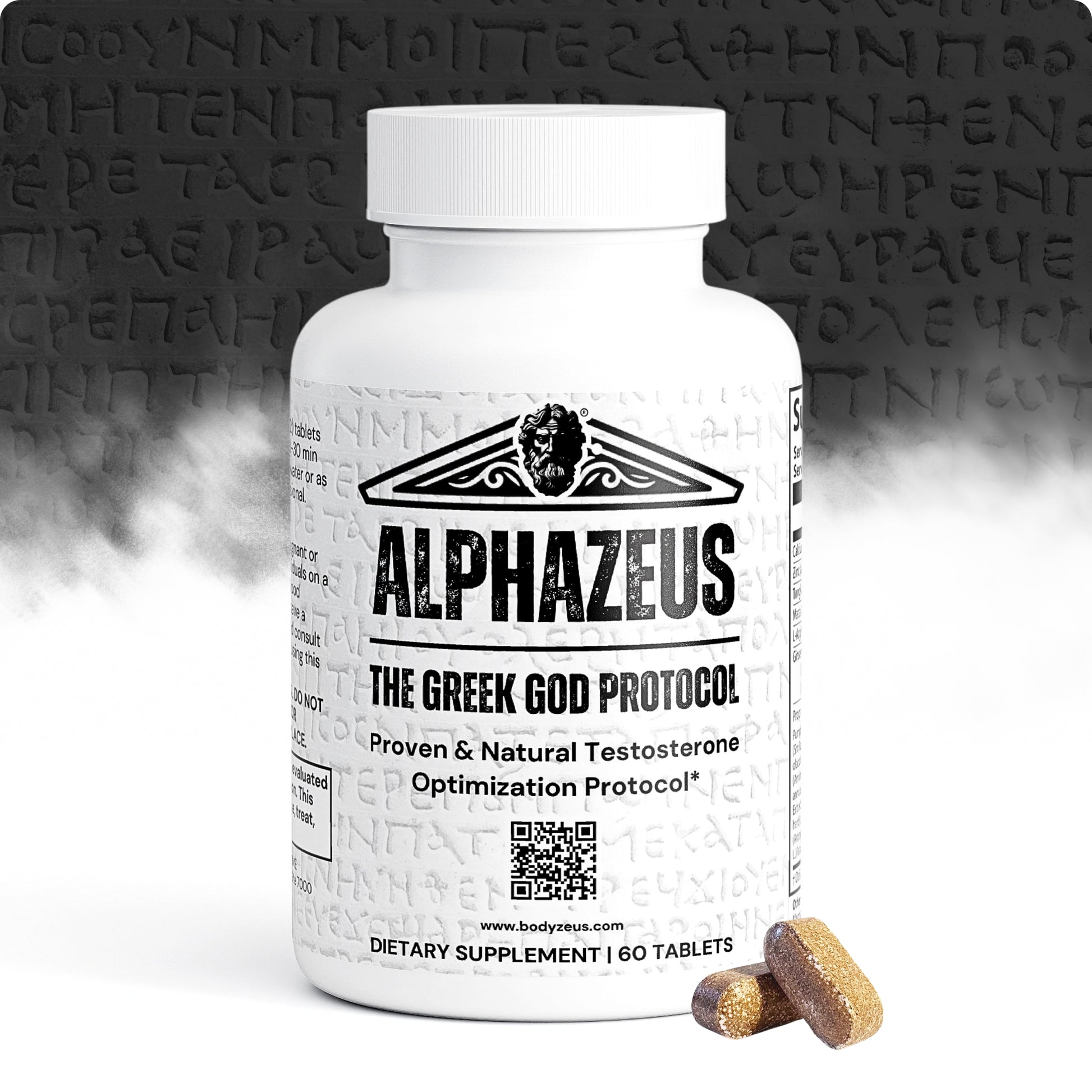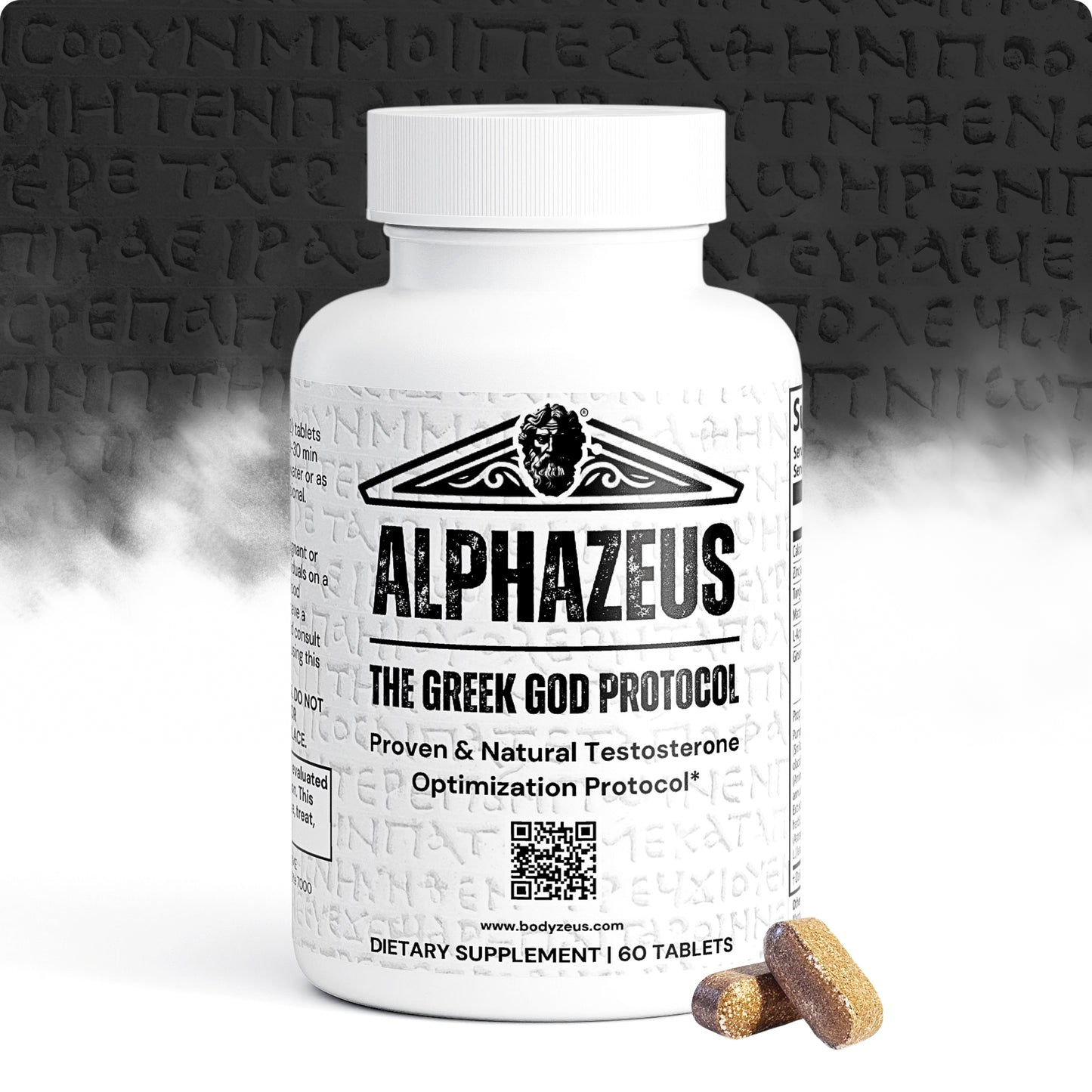Key Takeaways:
- Persistent fatigue and low energy could indicate low testosterone levels.
- Reduced muscle mass and strength may be due to hormonal imbalances.
- Diminished libido and erectile dysfunction can be signs of low testosterone and should be discussed with a healthcare provider.
- Mood changes, irritability, and increased body fat might be related to low testosterone; consultation with a healthcare professional is essential.
- Cognitive difficulties and memory issues can be influenced by hormonal imbalances; exploring appropriate treatments can improve cognitive functions.
Testosterone, often dubbed the "male hormone," plays a pivotal role in various bodily functions, influencing everything from energy levels to mental well-being. When testosterone levels dip below the normal range, it can lead to a myriad of symptoms, affecting both physical and emotional health. In this comprehensive guide, we will explore the problem of low testosterone, agitate the challenges individuals face due to its symptoms, and provide evidence-based solutions to empower you to recognize, address, and overcome the effects of low testosterone.
Low testosterone, or hypogonadism, is a condition wherein the body doesn't produce enough testosterone, impacting both men and women. The symptoms can be subtle and often attributed to the natural aging process, leading many individuals to overlook the underlying hormonal imbalance. Recognizing these symptoms is crucial because untreated low testosterone can lead to serious health issues, including osteoporosis, diabetes, and cardiovascular problems.
Picture waking up every day feeling perpetually exhausted, regardless of how much sleep you get. Imagine the frustration of struggling to maintain muscle mass despite regular exercise and a balanced diet. Consider the impact on your relationships and self-esteem due to reduced libido and irritability. These are not mere inconveniences; they are symptoms of a deeper problem that can significantly diminish your quality of life.
Solution: Symptoms of Low Testosterone and How to Address Them:
1. Fatigue and Low Energy:
- Low testosterone levels can lead to persistent fatigue and a lack of energy. Addressing the underlying cause, such as hormonal therapy or lifestyle changes, can help restore vitality.
2. Reduced Muscle Mass and Strength:
- Testosterone is essential for muscle development. Resistance training, adequate protein intake, and hormone replacement therapy are potential solutions to counter muscle loss.
3. Diminished Libido and Erectile Dysfunction:
- Testosterone plays a key role in sexual health. Consultation with a healthcare provider and hormone replacement therapy can help address these issues effectively.
4. Mood Changes and Irritability:
- Hormonal imbalances, including low testosterone, can affect mood. Proper diagnosis and treatment, which may include therapy or hormone replacement, can improve emotional well-being.
5. Increased Body Fat and Difficulty Losing Weight:
- Testosterone aids in fat metabolism. Exercise, a balanced diet, and hormone replacement therapy, if necessary, can assist in weight management.
6. Cognitive Difficulties and Memory Issues:
- Testosterone receptors are present in the brain, impacting cognition. Addressing low testosterone through appropriate therapies may improve cognitive functions.
Recognizing the symptoms of low testosterone is the first step toward reclaiming your vitality and well-being. By understanding the signs, seeking medical advice for proper diagnosis, and exploring tailored treatment options, you can address the root cause of these symptoms and embark on a journey toward a healthier, more fulfilling life.



